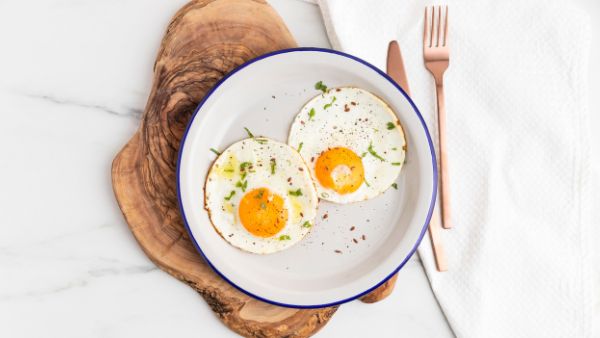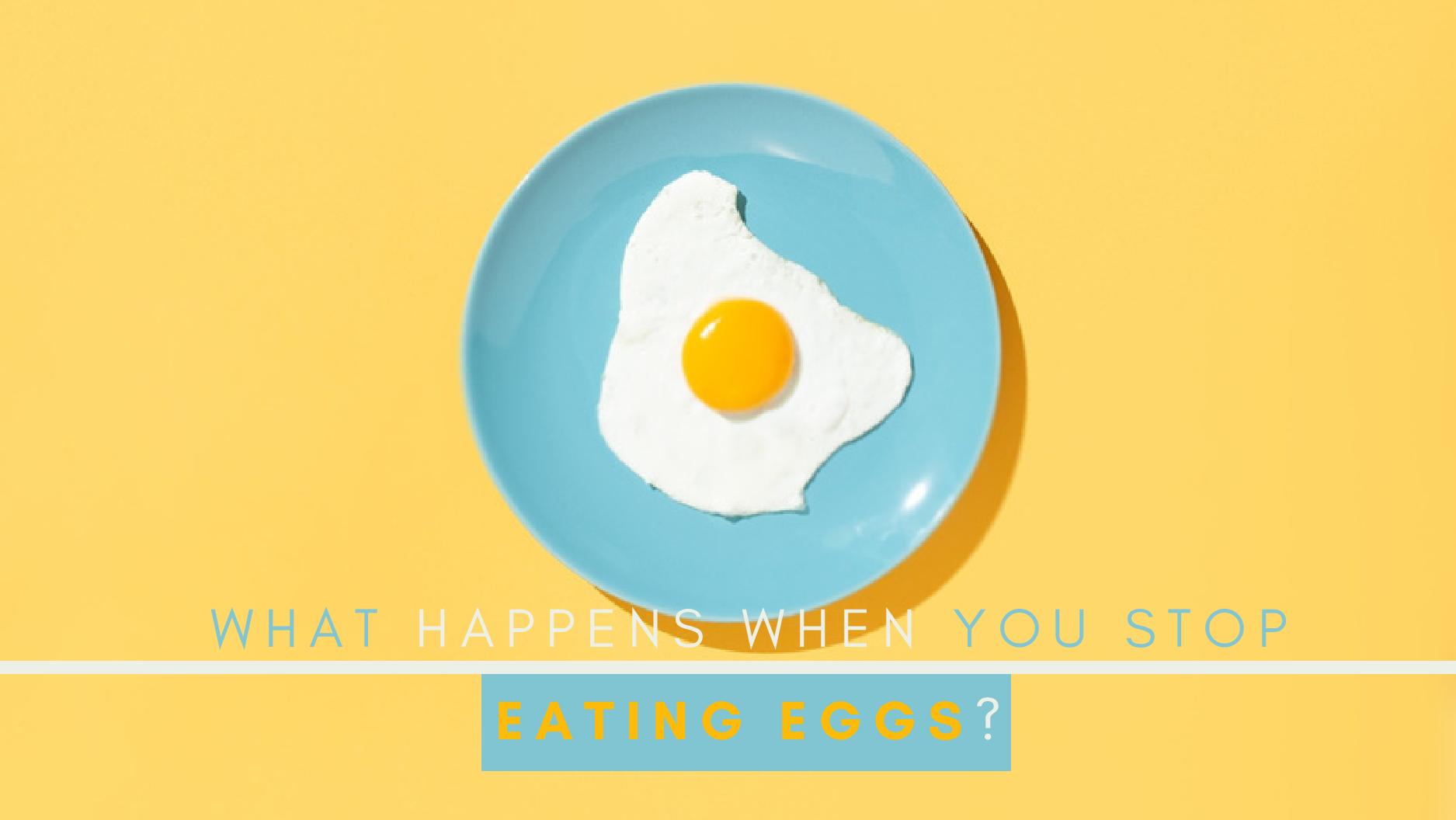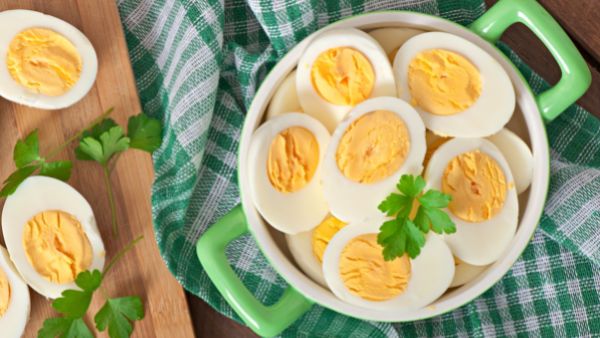Just In
- 49 min ago

- 4 hrs ago

- 8 hrs ago

- 9 hrs ago

Don't Miss
- Movies
 Entertainment LIVE Updates: Adil Hussain Reacts To Sandeep Reddy Vanga's Tweet;
Entertainment LIVE Updates: Adil Hussain Reacts To Sandeep Reddy Vanga's Tweet; - News
 Crowd Goes Crazy As Ajith Turns Up At Polling Booth To Vote
Crowd Goes Crazy As Ajith Turns Up At Polling Booth To Vote - Finance
 Rs 5/Share Dividend: Record Date In Due Course; Buy The Capital Goods Stock?
Rs 5/Share Dividend: Record Date In Due Course; Buy The Capital Goods Stock? - Automobiles
 Maruti Suzuki Swift Sees Price Hike Across Variants: New Model Launch In May 2024
Maruti Suzuki Swift Sees Price Hike Across Variants: New Model Launch In May 2024 - Sports
 LSG vs CSK IPL 2024: Who will Pick Maximum Wickets in Lucknow vs Chennai?
LSG vs CSK IPL 2024: Who will Pick Maximum Wickets in Lucknow vs Chennai? - Technology
 Nothing Phone 2 Receives NothingOS 2.5.5 Update with ChatGPT Integration and More
Nothing Phone 2 Receives NothingOS 2.5.5 Update with ChatGPT Integration and More - Education
 Karnataka SSLC Result 2024 Soon, Know How to Check Through Website, SMS and Digilocker
Karnataka SSLC Result 2024 Soon, Know How to Check Through Website, SMS and Digilocker - Travel
Telangana's Waterfall: A Serene Escape Into Nature's Marvels
What Happens When You Stop Eating Eggs Completely?
There is no doubt that eggs are one of the most versatile foods available. Eggs are an exceptional source of protein and nutrients, including selenium, vitamin D, B6, B12, and minerals such as zinc, iron, and copper.
Eggs are rich in proteins and vitamins, which can help boost the immune system and are defined as storehouses of vitamins and minerals necessary for improving the immune system [1].
In addition to being high in fatty acids, eggs reduce the risk of heart disease by lowering triglyceride levels in the blood (via NCBI). According to the National Library of Medicine, eggs for breakfast may also assist weight loss by providing maximum energy at a minimum calorie level and maintaining a healthy energy balance.
The consumption of eggs is associated with several health benefits, making them a convenient source of protein and other nutrients. There are, however, concerns regarding the impact of an egg-rich diet on cholesterol levels and their relationship to type 2 diabetes [2].

Today, we will examine what happens when you stop eating eggs completely.
What Happens When You Stop Eating Eggs Completely?
Before we get into how lack of eggs can impact our body, let's look at all the wrong ways the consumption of eggs can reflect on your health.
Cholesterol levels:
One large egg weighing 50 grams has 186 mg of cholesterol, 62 per cent of the daily recommended amount. I mean, people can easily eat three or more eggs a day. So isn't that to say that eggs pose a threat to cholesterol balance?
The impact of eggs on our cholesterol level has been documented in studies in which people who consume 1-3 whole eggs per day had an increase in 'good' cholesterol. Conversely, 70 per cent of people did not experience a change in 'bad' LDL cholesterol [3].
Among the remaining participants, there was a slight increase in 'bad' cholesterol. Although this was a cause for concern, eating eggs also increased the size of 'bad' LDL particles, and people with larger LDL particles are at lower risk for heart disease. According to the results, eating three whole eggs a day is not a cause for concern for healthy individuals - the focus is on 'healthy' people [4].
Type 2 diabetes:
Apart from the cholesterol issue, another concern is the effect of an egg-rich diet on individuals with type 2 diabetes. Despite research showing that egg consumption may contribute to atherosclerosis, it has also been found that people with type 2 diabetes may be more likely to suffer from heart disease after consuming eggs [5].

It is not a particularly significant threat, as one study of people with type 2 diabetes concluded that eating two eggs per day six days a week for three months had no significant impact on blood lipid levels or cholesterol [6].
Moreover, many of the health effects depend on other elements of our diet. For example, the low-carb diet - considered the best diet for diabetics - did not increase the risk factors for heart disease when combined with eggs.
People with type 2 diabetes and cardiovascular disease are not adversely affected by controlled egg consumption. As a result, these factors rule out the possibility of stopping egg consumption [7].
What happens when you stop eating eggs?
Nothing. However, if you depend on eggs for your nutrition a little too much, you might have to find another way to supplement their benefits if you quit eggs. Veganism has shown that alternative nutrition items can be useful substitutes for animal products. For example, tofu, soy, and other food items can provide an alternative for people who follow vegan diets or want to stop eating eggs. In addition, you may be able to improve your health by expanding your diet [8].
As a result of the increased awareness surrounding veganism, many vegan recipes are becoming increasingly popular, which makes the transition toward giving up eggs less of a challenge [9].
Major Sources Of Protein Instead Of Eggs
Here are some of the best sources of protein [10]:
- Seafood
- White-Meat
- Poultry milk
- Cheese
- Yoghurt
- Pork tenderloin
- Lean beef
- Seitan
- Tofu
- Lentils
- Beans
- Nutritional yeast
- Hemp seeds
- Peas
- Spirulina
- Quinoa
- Sprouted grains
- Soy milk
- Oats
- Wild rice
- Chia seeds
- Nuts

On A Final Note...
If eggs are your only source of protein, it is time you shift that habit and try other sources of proteins. And honestly, nothing much happens to your body if you stop eating eggs completely. But for a person whose primary and only source of protein is egg, abruptly stopping the consumption of eggs can cause minor ailments such as digestion issues, constipation etc.
-
 insync3 Super Bizarre Uses For Eggs You Definitely Didn’t Know!
insync3 Super Bizarre Uses For Eggs You Definitely Didn’t Know! -
 health3 Common Foods You Shouldn’t Keep In Fridge After Heating
health3 Common Foods You Shouldn’t Keep In Fridge After Heating -
 healthVitamin D Deficiency: 5 Reasons Why You Should Eat Egg Yolks Every Week
healthVitamin D Deficiency: 5 Reasons Why You Should Eat Egg Yolks Every Week -
 beautyHair Loss? Try Eggs! Unveiling The Secrets To Healthy Hair
beautyHair Loss? Try Eggs! Unveiling The Secrets To Healthy Hair -
 healthHow To Extend Shelf Life Of Eggs?
healthHow To Extend Shelf Life Of Eggs? -
 health7 Things To Keep In Mind While Storing Eggs In Fridge
health7 Things To Keep In Mind While Storing Eggs In Fridge -
 wellnessKerala Government Bans Raw Eggs Mayonnaise; Is Mayonnaise Unhealthy? What Are The Alternatives?
wellnessKerala Government Bans Raw Eggs Mayonnaise; Is Mayonnaise Unhealthy? What Are The Alternatives? -
 recipesSpicy Chutney Recipe: How To Prepare Egg Chutney In Just 20 Minutes
recipesSpicy Chutney Recipe: How To Prepare Egg Chutney In Just 20 Minutes -
 wellnessHow To Identify Rotten Eggs And What Are The Dangers Of Eating Them?
wellnessHow To Identify Rotten Eggs And What Are The Dangers Of Eating Them? -
 hair careSay Goodbye To Your Hair Worries With Egg And Coconut Based Hair Masks
hair careSay Goodbye To Your Hair Worries With Egg And Coconut Based Hair Masks -
 wellnessVegan Vs Vegetarian: Differences, Benefits, Similarities And Downsides
wellnessVegan Vs Vegetarian: Differences, Benefits, Similarities And Downsides -
 prenatal15 Choline-Rich Foods For Pregnant Women
prenatal15 Choline-Rich Foods For Pregnant Women


 Click it and Unblock the Notifications
Click it and Unblock the Notifications



